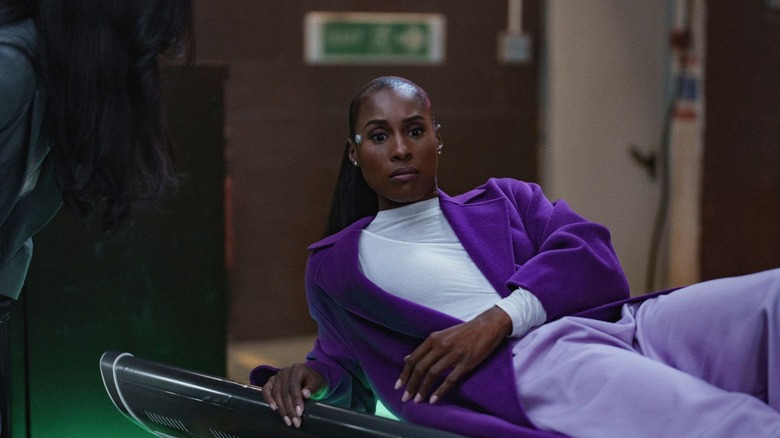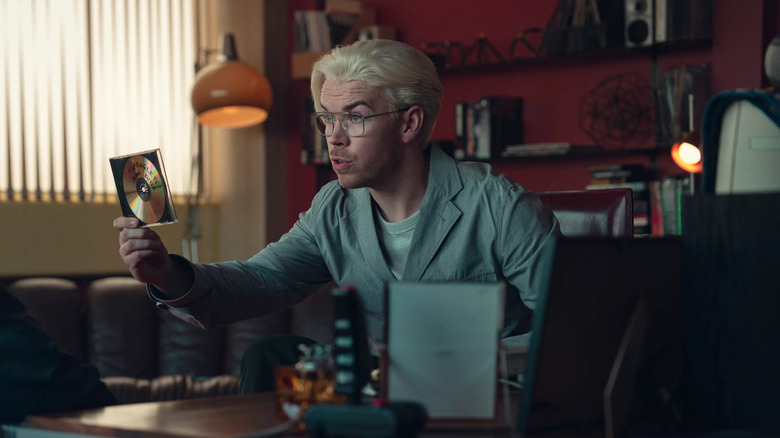How Black Mirror Creator Charlie Brooker Really Feels About AI
The future is an uncertain place for Hollywood. Billionaire overlords are pushing artificial intelligence as the solution to all our problems, but from this side of the 99%, it feels like AI is only making our lives worse. The energy use alone is projected to eliminate any gains tech companies have made in lowering their carbon footprint, and the implications of the technology have led to two of the most grueling and hard fought labor battles the industry has ever seen in the 2022-2023 WGA and SAG-AFTRA strikes that found both unions winning groundbreaking but limited protections against the use of AI in the industry, gains that might be the first line of defense for the broader American workforce.
And yet the proliferation of AI has continued slowly yet surely: AI is being used in Hollywood to remaster (and butcher) classic films, to artificially dub non-English performances, and to create TV title sequences. It feels inevitable that we will eventually get a film written and created by AI, which feels like a horribly dystopian proposition. No series better captures these anxieties than Netflix's "Black Mirror," which recently returned for its seventh season, and its creator, Charlie Brooker, isn't afraid to share how he really feels about the subject.
Charlie Brooker doesn't think there's a market for 'synthetic material'
"Black Mirror" follows in a long line of art that speculates about what humanity's relationship with artificial intelligence might look like. But when even compared to nihilistic films like the underseen "The Congress" or the uber-blockbuster Terminator series, "Black Mirror's" pessimism stands head and shoulders above them all. Across its seven seasons, the series has explored all kinds of presciently horrifying subject matter, from AI boyfriends to modern app dating, microtransactions, and killer robot dogs.
So it might be surprising then to hear that Brooker is cautiously optimistic that a future where robots create all our art "wouldn't fly". In an interview with the Associated Press, Brooker says that while we can't "entirely put the genie back in the bottle," the future of AI is still in our hands:
"The tricky thing is going to be how it's used. It's a really powerful tool, but in the same way that the tools in Photoshop are powerful tools. They're still useful if a human is ultimately operating them."
Ultimately, he believes that all audiences desire to feel a human connection, whether it's in film, TV, music, or literature, which AI will never be able to replicate:
"If you completely remove a creative human from that pipeline, then what have you got? You've got a product, you've got something that's just synthetic material, which I just don't think would fly."
Brooker does concede that he's not exactly a neutral party here, joking that "maybe [he'll] be out of work tomorrow and replaced by something that can type much quicker than [him] with metal fingers, but hopefully bloody not."
The fingers typing this article were made of flesh and blood. Let's hope the fingers making "Black Mirror" stay that way, too.

